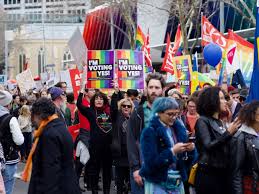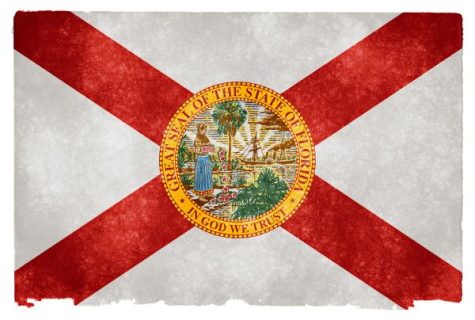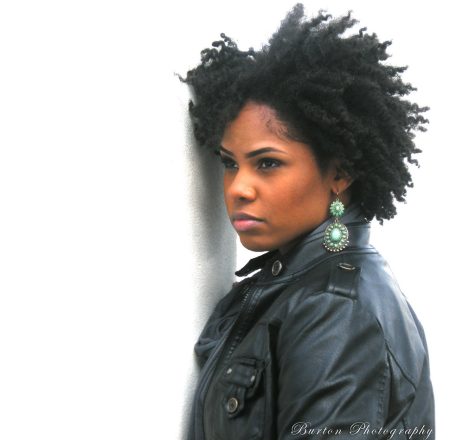Marriage equality reigns in Australia, keeps needed focus on LGBTQ+ community

Protestors in Melbourne, Australia show support for marriage equality at a rally.
After overcoming years of conservative resistance, Australia passed legislation and voted yes to same-sex marriage equality on Dec. 7. A national survey was given to support the controversial decision. 12.7 million Australians took part in the government survey, and a total of 61.6 percent voted yes and 38.4 percent voted no. 79.5 percent of voting-age Australians sent back their postal ballots, the New York Times reported. Then, because of the majority in favor, a bill was written.
This was a longtime coming, with Prime Minister Malcolm Turnbull an avid supporter of same-sex marriage worldwide. The world should follow Australia’s lead, and have marriage equality worldwide, as a step in the right direction to completely eliminate legal discrimination towards homosexuals.
Three countries have just legalized same-sex marriage this year, with Germany in June, Malta in July and Australia just last week. This was monumental for the island-country, with an overwhelming sense of support to the community during the legalization. The overall community throughout the world has been eager for the growth of legalized states. All countries should consider the act of legalizing homosexual marriages, but even this small occasion is considered a victory for the LGBTQ+ community.
“This belongs to us all,’ said Prime Minister Turnbull, who had previously failed to get it legalized, on Dec. 7, the New York Times further reported.
In the Australian government, bills can only become a law if it is passed in the House of Representatives and the Senate, similar to the United States legislative system. Different from the United States though, it must be given Royal Assent by the Governor-General, or an Act of Parliament. The marriage equality bill was sent to the Senate on Nov. 29, where 43 senators voted in support for the bill. Then it was sent to the House of Representatives when all but four Members of Parliament voted in support, reported the Huffington Post.
According to The Guardian, Australia has failed more than 20 times to legalize gay marriage, but this momentous occasion sparked love and celebration worldwide.
Many celebrities tweeted and promoted in favor of the bill. Popular TV talk show host Ellen Degeneres tweeted “Australia, I love you. It’s time for marriage equality. Make sure you’re enrolled to vote right now.” Pop culture figures Troye Sivan, Margot Robbie and Ruby Rose alike tweeted and promoted voting in the referendum and their overwhelming support to the cause.
The estimated number of Australian-Americans, as of the 2006 census, is 71,000, and this win to them is momentous. The LGBTQ+ community in South Florida and the world have received another “safe place” to be true to who they are, as the rest of the world should be.
Oliver Payne, sophomore and president of GSA (Gay Straight Alliance) had similar opinions as well. “[As a queer trans boy] This is a huge win for my community & friends in Australia. This is another step closer to equality everywhere,” Payne said.
In response to if passing the bill was better late than never, or past the point, he said, “It definitely took too long, but it happened and that’s all that matters. I hope that this win for the LGBTQ+ community encourages other places to stand up and represent our community.”
The first same-sex marriage are expected to commence on Jan. 9, though this can be waived in exceptional circumstances. The Independent reported that Lauren Price and Amy Laker, 29, made history when they tied the knot on Dec. 9, due to out of town family.
According to The New York Times, Prime Minister Malcolm Turnbull said, “We’ve voted today for equality, for love; it’s time for more marriages, more commitment, more love, more respect. This is Australia: fair, diverse, loving and filled with respect.”
This is one step towards a brighter future of equality for all, as Australia breaks its old conservative boundaries towards a step in the right direction for the world. Hopefully the impact will lead to even more legalization across the globe.








